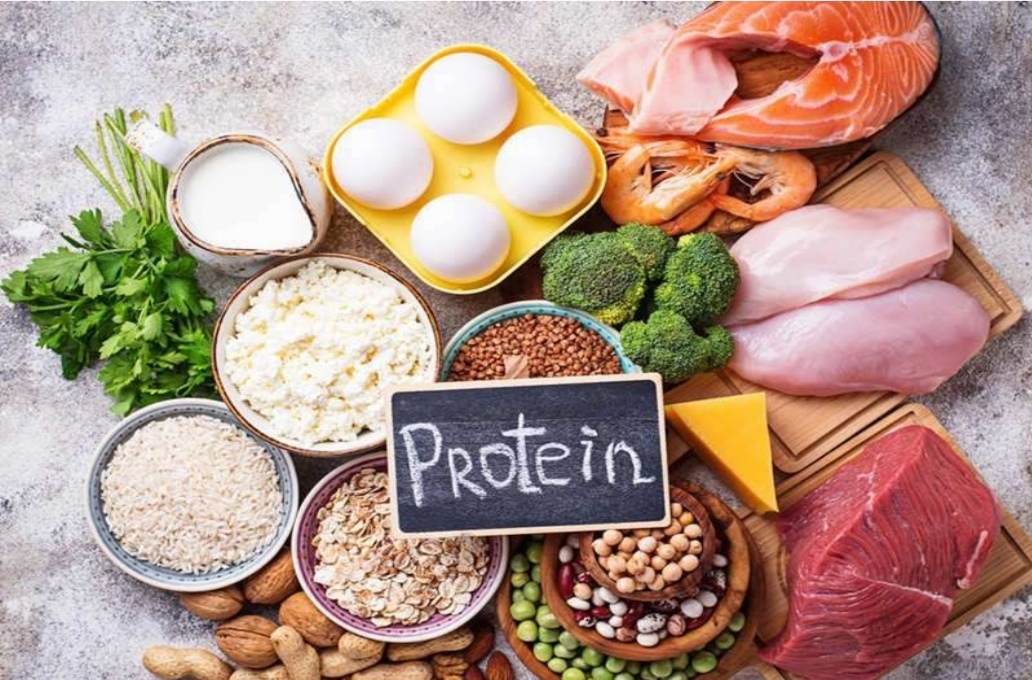I do think the main reason people obsess about it is for a never-ending goal of gaining muscle.
What happens when you eat a large amount of protein each day?
There are studies showing higher mortality rate for people who eat high protein diets, but I think there were some flaws in the way those studies were conducted.
Look...
I personally prefer a low protein diet.
I find it makes it WAY easier to hit a calorie deficit when not striving for a specific amount of protein each day.
“Longo’s research shows cancer rates increase nearly 400% among Americans who get 20% or more of their daily calories from protein, compared to those who restrict their protein intake to 10% of their daily calories. Risk of mortality also jumps 75% among the heavy protein eaters, his data show.”
I enjoy a lower protein diet like this.
BUT...
I also feel the studies used have some flaws.
The highest meat eaters I have known throughout most of my life didn't exercise and were overweight.
It would be interesting to see if they could develop a study comparing fit people who follow a high protein diet VS fit people who follow a low protein diet.
This probably creates more questions than it answers.
Here's a summary about where I stand with protein.
- It's PROBABLY fine to eat normal amounts in the 20%-30% range of daily calories.
- If you want MAX muscle, you will most likely need to increase the amount of protein (but max muscle is bad for longevity).
- I've been able to maintain my muscle on a low protein diet (10%-15% of daily calories) and found it much easier to create a deficit and lose fat this way.
- The world's top longevity expert (Dr. Valter Longo) believes that 10% is the best for longevity.
I also think a lot of this protein obsession is based on selling protein supplements.
There isn't any money to be made by eating LESS protein.
As far as muscle goes, just make sure you do some form of resistance training a few times per week.
Resistance training sends a signal to hold onto your muscle.
This is especially important if you are in a deficit with your diet and trying to lose body fat.
If you diet hard without resistance training, a lot of your weight loss will come from muscle tissue.
This is why it's important.
It's possibly even more crucial if protein is on the low side.
Most people I know who workout are terrified to stop tracking protein, or purposely reduce protein.
I tried it as an experiment...
I figured it was good for longevity and it wouldn't be a big deal to regain any lost muscle.
I maybe lost 1-3 pounds of muscle and a bunch of fat.
If you feel better eating a lot of protein, that is cool.
...but it is possible that reducing your protein intake will make it easier for you to hit a calorie deficit.
Just something to consider if you have hit a fat loss sticking point.


